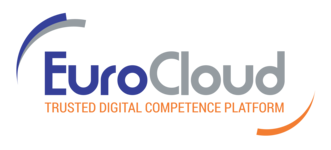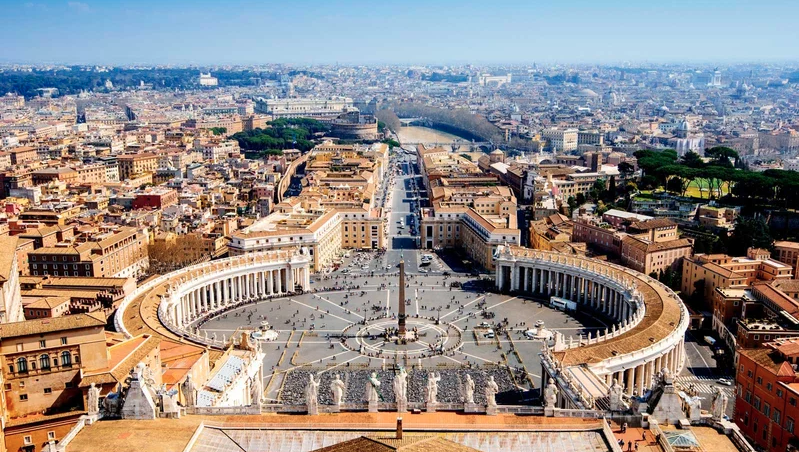The event was organised in partnership with some of the world’s biggest tech companies, including Google, Microsoft, Harvard University, The Massachusetts Institute of Technology and OPTIC, under the auspices of the Pope.
A hackathon connects computer engineers, programmers, designers or project managers to collaborate intensively on projects and provide novel solutions for specific problems.
VHacks brought together 120 students for a 36-hour hackathon aimed at finding technological solutions for three global issues the Catholic Church hopes to address: social inclusion, interfaith dialogue, and assistance for migrants and refugees.
Technology is a human undertaking that is guided by values and conceptions of what is good or desirable. The hackathon’s objective was thus to inject value-sensitive design principles in the architecture of technologies that foster inclusivity and well-being. Jesus would probably have been an ethical hacker today using digital tools to transmit principles of social justice and although technology is centred on abstract functions or equations, it’s becoming more and more a central theme for the globe, us responsibility to shape it positively and create a better world.
Dr. Gege Gatt, partner of EuroCloud CPC network representing Malta, was hand-picked to act as a mentor and judge at the Vatican event, which attracted the world’s brightest students with diverse academic and ethnic backgrounds. The 120 participants hailed from Oxford, Harvard, Yale, Calgary, UCL and other top institutions from over 30 countries. They were tasked to offer digitally-enabled solutions to important global issues including social inclusion, interfaith dialogue, and the migrant and refugee crisis.
Dr. Gatt’s fellow mentors and thought-leaders included Google’s president Carlo d’Asaro Biondo, Monsignor Lucio Ruiz, Harvard’s Jakub Florkiewicz, Cardinal Gianfranco Ravasi, Prof. Bob Schulz from the University of Calgary, Ethereum’s Ming Chan, AirBnB’s Kristen Beracher and best-selling author Philip Larrey.
The hackathon delivered nine selected technologies, with solutions ranging from a trust-based system to enrich vocational experiences to a Virtual Reality tool based on Microsoft’s HoloLens to help dyslexic people read better over time.
Pope Francis, no stranger to technology with his 17 million Twitter followers, has been instrumental in the renewed interest of the Church in all things digital. In his TED talk last year he reached out to technologists and entrepreneurs to apply their skills to issues of importance to humanity. He wishes to create a technological revolution which brings about more equality and social inclusion.
References:
Wired: The Vatican hosts a hackathon
The Guardian: Vatican hosts hackathon to tackle global issues
Times of Malta: Would Jesus hack?
Gadgets Malta: Maltese tech guru leads winning team at the first ever hackathon in Vatican







